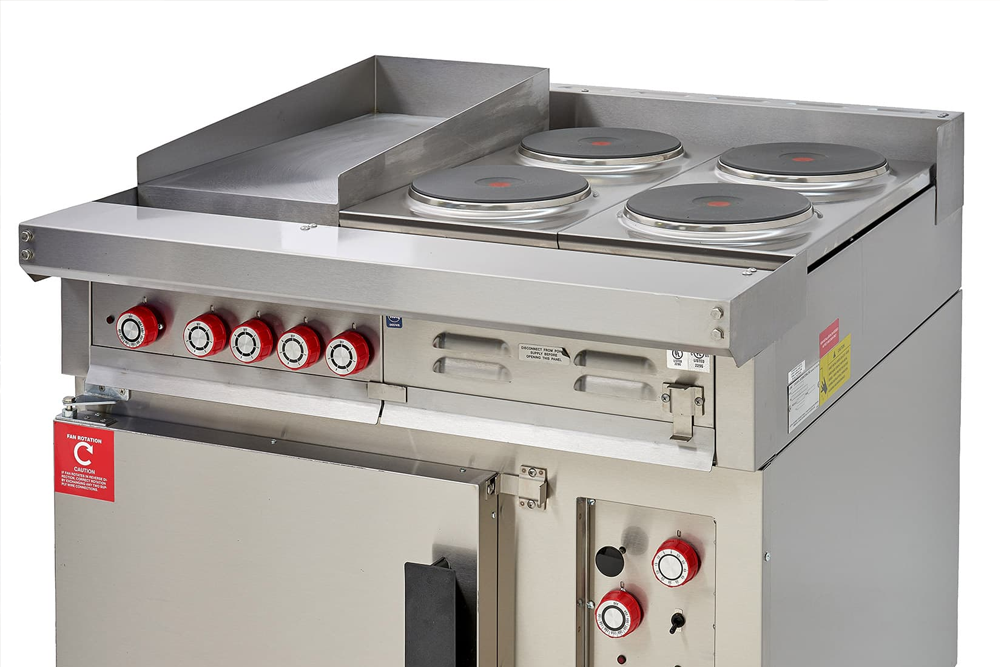The better part of our lives is spent working and saving as we plan for retirement. After all the hard work, you do not want a huge chunk of your savings to go to the IRS. Unfortunately, this will happen if you ignore tax planning as part of your retirement savings. If you are not aware, earning and saving are only a part of your retirement planning. The other part of the process is ensuring your savings are as tax efficient as possible.
Retirement tax basics
How much taxable income do you earn?
Are you aware of what is taxable and what isn’t? Yes, almost everything is taxable, but if you need to go deeper if you are doing a retirement tax plan. This will help you understand exactly how much taxable income you earn. Here are the retirement tax basics:
Work income
When you get paid, you owe tax. The payments include money for salaried employees, hourly employees, contractors, or even a side business. This includes your prepaid income, income paid to a third party for you, income earned outside the USA, bonuses, special company trips, and awards. This is all taxable.
Regular investments
Whenever you sell an investment, the profit is counted as part of your annual income and is taxable that year. This involves selling real estate, bank products, brokerage accounts, and all other assets.
401(k) contributions
401(K) contributions come from pre-tax dollars. This means the money you contribute doesn’t appear as income on your W-2 at the end of each year. Most retirement accounts, however, are counted as income, making them taxable. The exception here is the Roth accounts.
Roth IRA and Traditional IRA
IRAs can be both Traditional and Roth. Contributions to a Roth IRA offer no tax advantage upfront. This is because they are taxable when you contribute. The difference with Traditional IRAs is that it is only taxable when the money is withdrawn. It also comes with upfront tax deductions since no taxes are paid on the money used for contributions. This here is only the basic details on retirement taxes. An experienced financial planner is to be hired if you really want to dig deep on this subject.
The best tips to reducing taxes in retirement
13 important things to do to minimize taxes after you retire
Stay in the 12% tax bracket
Do you want to pay zero taxes on the capital gains you get? It is possible if you stay in the 12% tax bracket. That is, keeping your income below $39,375 when you are single and below $78,750 when you are married. This is the 12% bracket, and it comes with a 0% tax on any capital gains. What if you earn more than the maximum limits above? Well, most retirees have some years where they earn much less than that. Very few people consistently earn that much throughout their working careers. Even so, you can also strategically plan to make gains from the Roth accounts that do not have any tax consequences.
The aim here is to accurately predict your taxes and getting as close as you can to the maximum limit but not going beyond it. If you are married, and you have a taxable income of $60,000, then you should take your distributions from the retirement accounts of $18,700 and save it for future years. Do not forget about the less common ways of earning as per the list above. The tax-free gains will be taxed when you move into the next bracket.
Roth conversions
Every year, you should look at your income and change as much money as you can to a Roth IRA or 401(k). That is if your organization has that option. You do not want to take yourself to a higher tax bracket with this conversion. But, you should also remember that paying taxes in a higher income is harder than paying taxes in a lower bracket. Whichever tax bracket you are in, convert as much as you can while maintaining the same bracket.
Diversify your income
Investment experts will tell you that diversification is crucial when managing the natural shifts in the performance of different investment accounts. If one investment is overperforming, another one is underperforming. This same tactic works for retirement planning. If you have taxable and non-taxable accounts, you can take from the taxable accounts when your income is low and from the non-taxable account when it is higher.
Tax-loss harvesting
In investments, you do not always win. Losses are part of the risk. However, they are not necessarily all bad. When you make profits on investments, you owe taxes. But, when you claim losses, you counteract those gains. Therefore, if you can get rid of losing investments in your portfolio by selling them at a loss, you will automatically reduce your capital gains liability. This technique of tax-loss harvesting can be very useful in reducing your capital gains but will not work for every investment. For instance, this will not work for any tax-sheltered retirement account.
Reduce your expenses
Lowing your expenses will allow you to withdraw less from your retirement accounts. Low month expenses translate to less withdrawal from the traditional retirement accounts every year. The fastest way to reduce your expenses is by moving to a place where the cost of living is substantially low. You should also come up with a proper budget plan. Look at your current spending habits and see where you can cut costs.
Try making tax-exempt investments
Consider the option of making tax-exempt investments if you are in a high-income tax bracket, for example, municipal bonds. The return rate is lower. However, the after-tax return will be better than other investments after the tax bite. You are better off trying investments that have a better return than evading taxes if you are in the low-to-mid-income levels.
Stop working
The social security benefits are taxable, depending on your income. If you do not want to pay taxes on your benefits, then one solution is to stop working. Or rather, only work at a level that will keep you below the threshold. You can also delay your benefits as long as possible. After 70, delaying the benefits does not make sense any longer.
Make your retirement plan withdrawals a priority
If you have both the traditional IRAs retirement plan and Roth or other plans, then you may want to make a huge amount of your withdrawals from Roth first. This will prevent your income level from jumping into the next bracket. Ensure you take the least distributions from your traditional IRA and other plans. Beyond 70 and a half years, you must take the least distributions from IRA, SIMPLE IRA, SEP IRA, or retirement plan accounts, or else you will pay the penalty. You no longer have to take minimum distributions from the Roth IRAs.
Know which incomes have some tax advantages
Not every income is taxed the same way. Some income types have some tax advantages over others. These includes:
Capital gain
If you buy gold, investment property, or other capital assets and remain with them for over one year then, you will pay a much lower tax rate on the gain compared to what you would pay on the regular income. If you are in the 15% tax bracket, then the capital gain rate is 0%, whereas the rate is 15% when you are in the 25% tax bracket.
The gain on the sale of your home
If you sell the house you have lived in and owned for two of the last five years, then you may qualify to exclude about $250,000 of the gain from your income. This could raise to $500,000 if you file jointly. The good thing is you can repeat this after another two years if you want. T he best tax-free income you will get.
Rental real estate investments
If you invest in real estate, then the net income from the houses is taxable as ordinary income. But, when you deduct expenses such as depreciation, then you will remain with little to no rental income to pay tax on. In fact, you may have a tax loss, which will help you offset ordinary income. This is why real estate rentals are the tax-preferred income source for a lot of people.
Watch your timing
Watching your timing is all about making the right move at the right time. You want to keep your income level so as to pay the lower tax over the years. If your income is high in one year but unusually low in the next year, then you will likely pay more tax. Try to make your income steady from year to year. Plan to sell some assets and take the retirement plan withdrawals, this will help. If, for instance, you sell some capital assets at a loss, try selling other capital assets that are doing well that year. The losses will offset capital gains.
Avoid the penalties due to early withdrawals
There is a 10% tax penalty for withdrawing from 401(k) before the age of 55 and withdrawing from IRA before the age of 59 and a half. However, there are ways of avoiding the early withdrawal penalties, including; a first home purchase, which allows you up to $10,000, using your IRA distribution for college fees, a huge healthcare cost, or health insurance after a layoff.
Disaster relief
Disaster is something no one wishes for. It does not have an impact on everyone’s retirement strategy, but it is known that the IRS offers some relief to persons who have suffered losses caused by a natural disaster. The 2018 California wildfire victims, for example, can claim unreimbursed or uninsured disaster-related losses in the year the disaster occurred. These losses can include both personal and business-related ones.
Consider moving to Florida or other states with no state income tax
Have you ever asked yourself why Florida is very popular and loved by the retirees? It is not really because of its sandy beaches. The answer lies in its state income tax. Or rather, lack of. Along with Florida, South Dakota, Alaska, Texas, Wyoming, Washington, and Nevada all lack state income tax. This is not really your first solution because it does not mean living in these states is easier. Tax planning is a complicated affair that should not be attempted alone. Seek the assistance of a financial planner, tax lawyer, or even an estate planner. That way, you will truly reduce your taxes in retirement.














